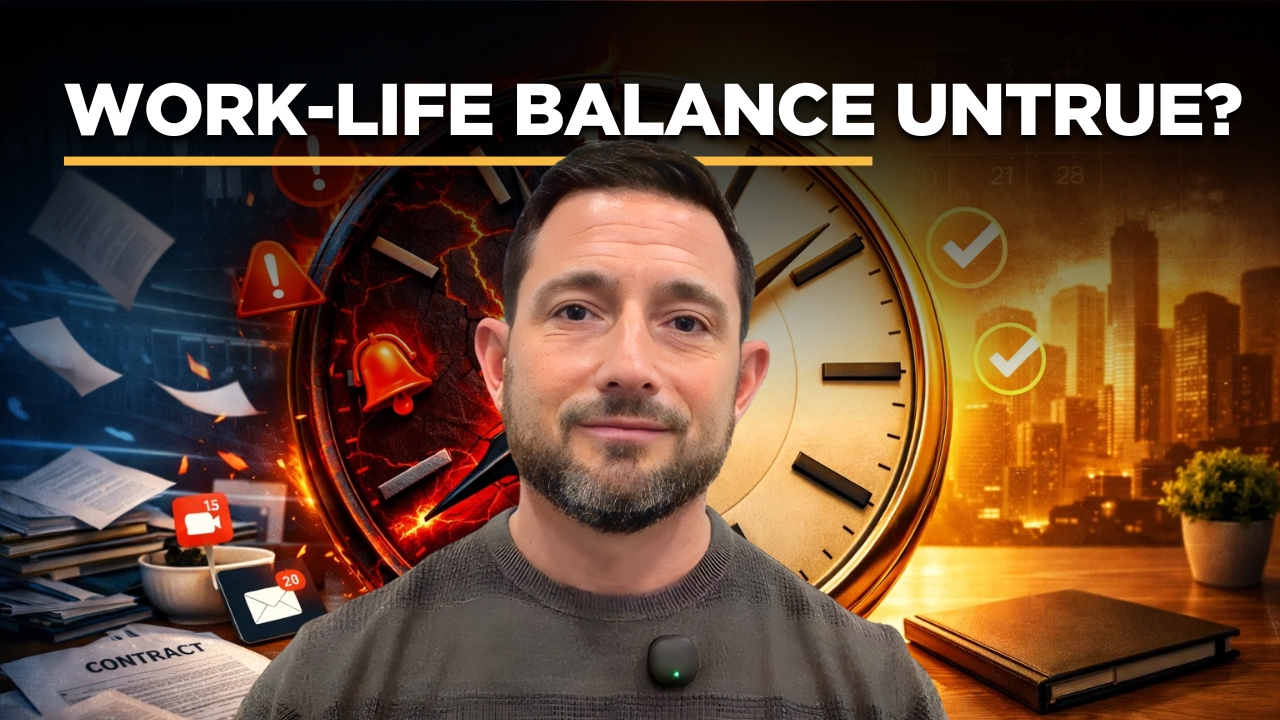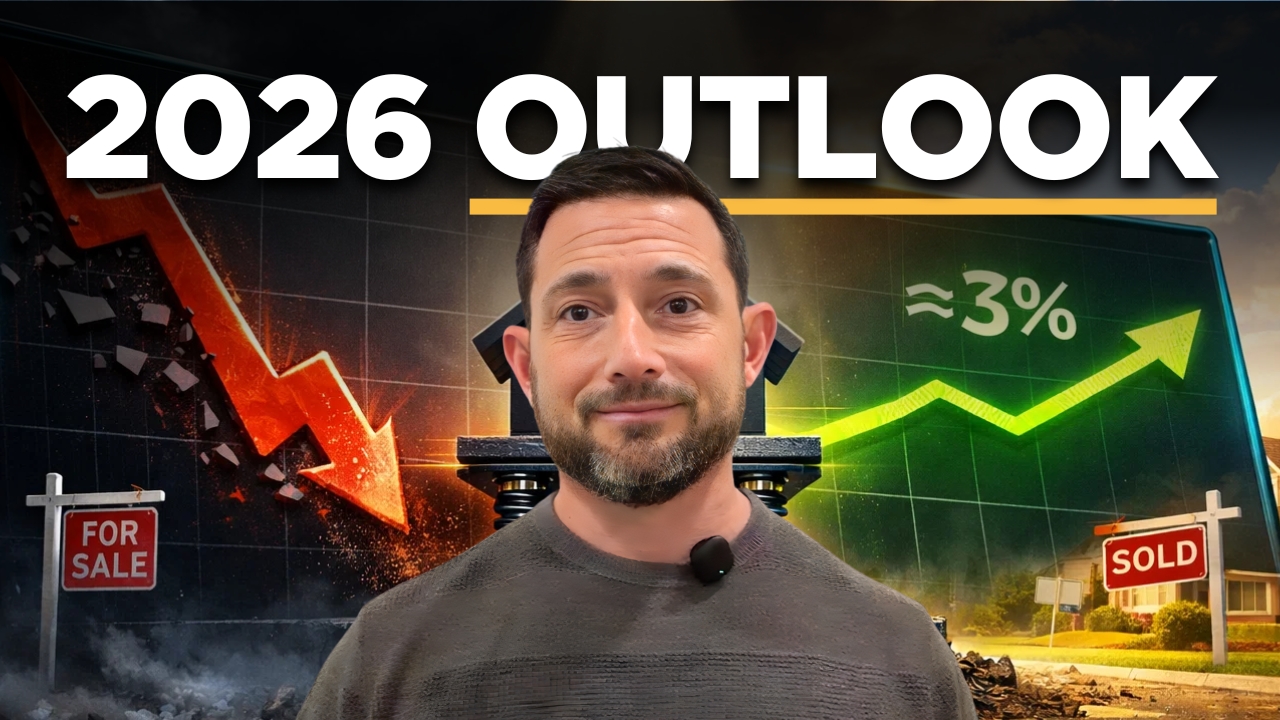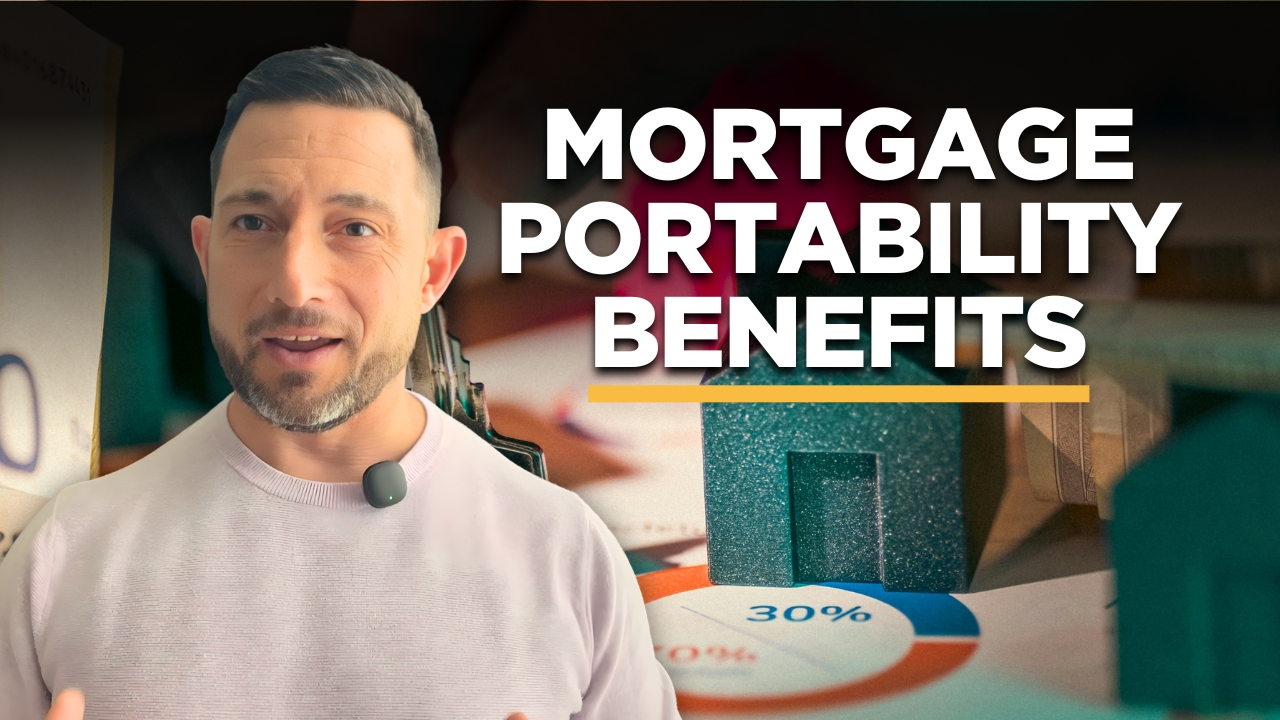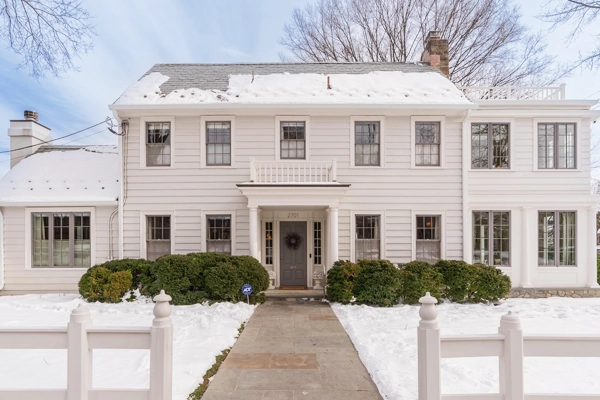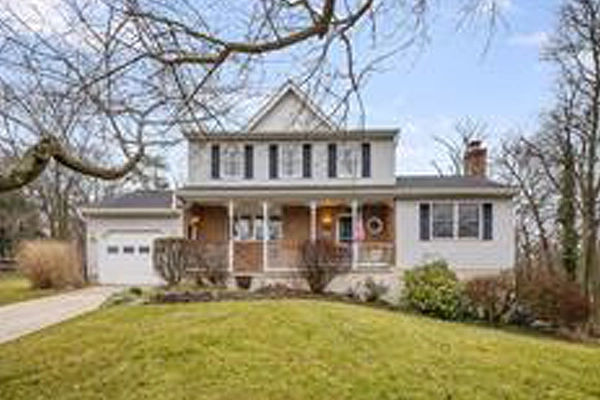When You’re Ready To Be Different. Schedule a strategy call to see how you’re positioned in today’s market. Book a Call
The real estate market isn’t “slowing,” it’s stuck. Everyone from agents to lenders to policymakers agrees that the number one issue is affordability. But what’s causing it? And more importantly, what can we actually do about it?
Ask any real estate professional, economist, or policymaker, and you’ll hear the same thing: affordability is the top challenge in today’s housing market. While mortgage rates play a major role, simply lowering them won’t fix the issue. In fact, a sudden drop in rates might only fuel demand without enough homes to meet it.
It’s not hard to imagine what happens next: more buyers competing for fewer homes, which drives prices even higher.
Over the last five years, home prices have soared, largely because inventory hasn’t kept up with demand. And although the government has acknowledged this, its current solutions are long-term at best. Two initiatives have been proposed:
1. Opening up federally controlled land for development. However, the issue with this is that land is in remote or less desirable areas where people may not want to live, especially not at scale.
2. Removing red tape and streamlining development approvals. While helpful, this doesn’t immediately create homes. Permitting, infrastructure, and construction, we’re looking at 12 to 18 months before any new homes hit the market. In the best-case scenario, we’re looking at 2026 before these new homes become available.
So the big question is: What can we do right now?
In 2010, after the housing crash of 2008, the market faced a different kind of housing gridlock. The market had crashed, financial institutions were paralyzed, and no one wanted to buy. To stimulate market activity, the government offered an $8,000 tax credit for homebuyers, which worked. Activity picked up, and the market began to recover.
Fast-forward to today, and we’re facing a new kind of freeze: the lock-in effect.
This term refers to homeowners who would like to sell and move but don’t because doing so would mean giving up their current mortgage rate for something much higher. Who will give up a 2.75% loan for something over 6%? That’s a hard sell financially, especially in a market where prices haven’t come down.
Here’s what I propose: Instead of focusing all efforts on boosting construction or lowering rates, what if we incentivized sellers?
A recent Bankrate survey showed that 47% of homeowners would consider moving if mortgage rates dropped into the 5% range. If that’s the case, then helping homeowners afford their next move, say, by offering credit to buy down their rate or offset closing costs, could unlock a massive wave of listings.
We’ve done this before. We saw results. Why not do it again?
Critics might ask, “Why give money to people who already own homes?” But this isn’t about handouts. It’s about economic stimulation.
According to the National Association of Realtors, every home sale injects about $125,000 into the economy through agents, inspectors, title companies, remodeling, furniture sales, and more. Real estate also contributes roughly 18% to 20% of U.S. GDP.
So when homeowners sell and move, it doesn’t just help them; it fuels local and national economic activity.
Yes, any large-scale incentive program would require careful planning, coordination, and oversight. But we already have a model. And more importantly, we have a real, immediate need.
If we want to fix the housing market, we have to focus on inventory, not just interest rates. Helping homeowners make the move they want could be the most realistic way to get there.
What do you think? Are you interested in continuing this conversation? Contact me at (443) 375-2224 or send a message to nick@storyline-homes.com. Let’s discuss how we can make homeownership more accessible to you.
-
When You’re Ready To Be Different. Schedule a strategy call to see how you’re positioned in today’s market. Book a Call
-
Find Your Home’s Market Position. See how the market has affected your home's value based on key trends happening in your area. Get Estimate
-
Free Real Estate Newsletter. Get our latest Q&A, insights, and market updates to make smarter decisions. Subscribe Now

